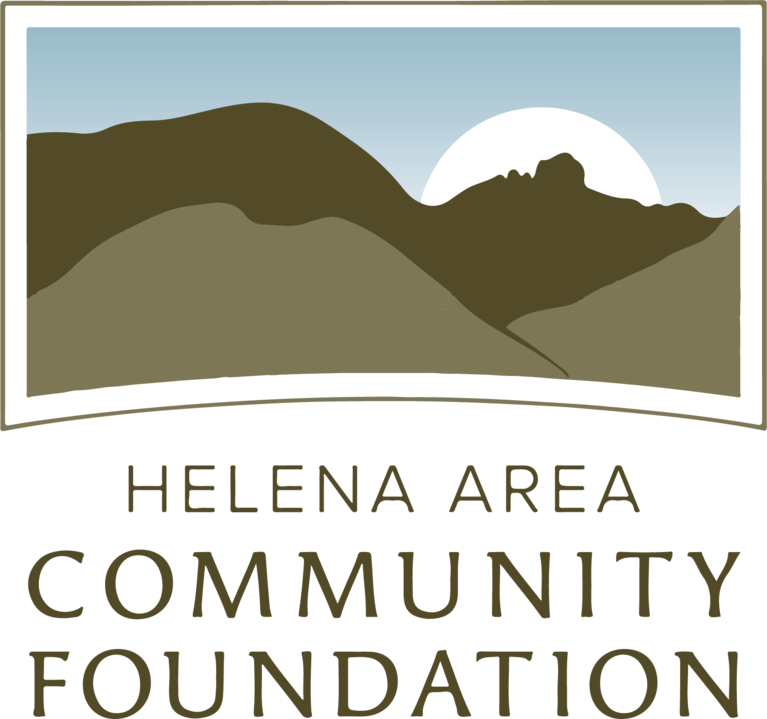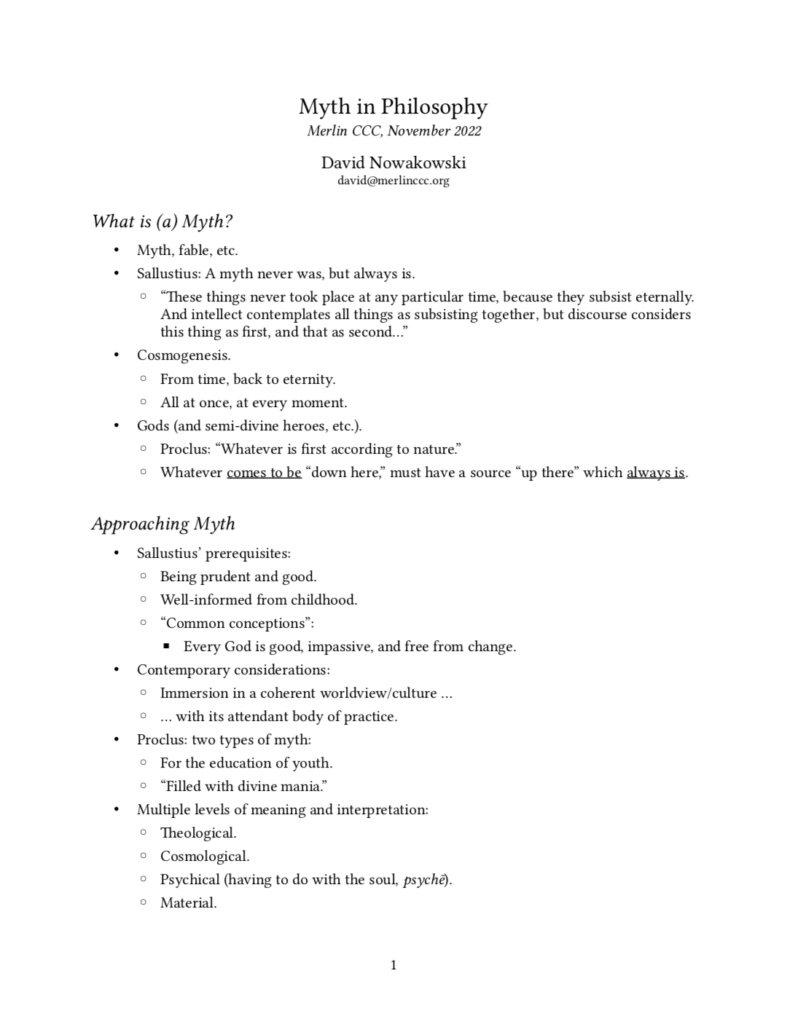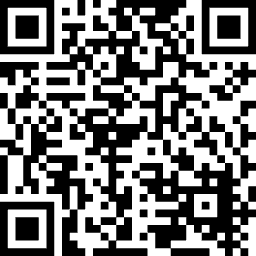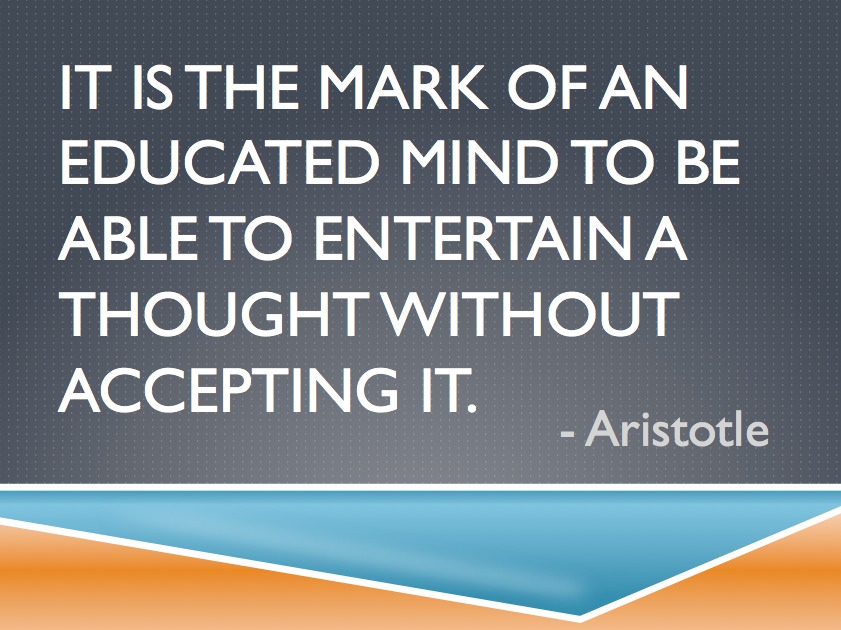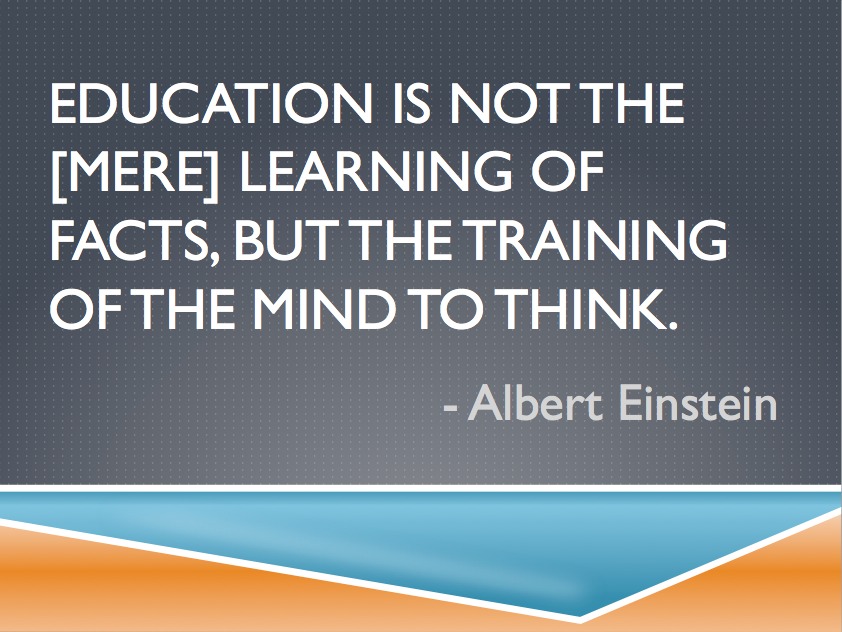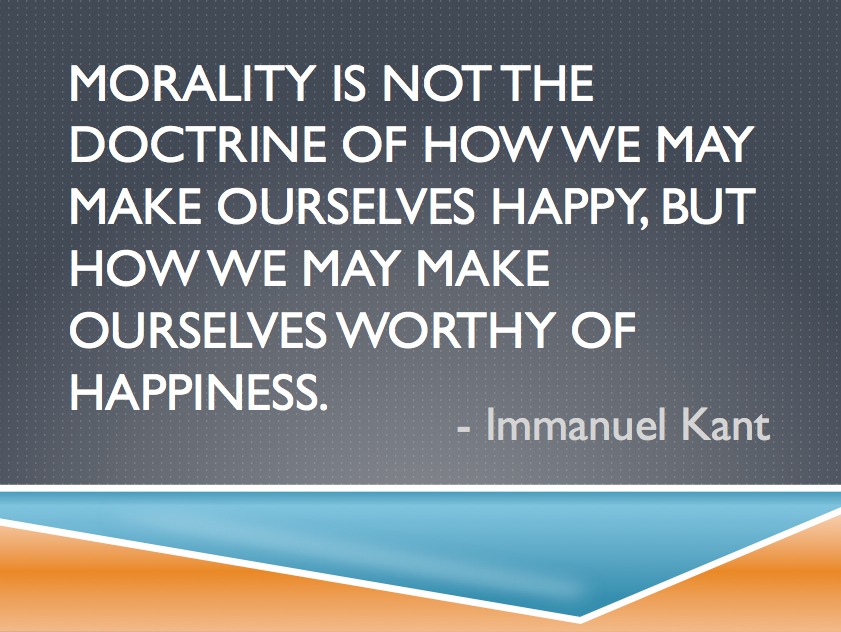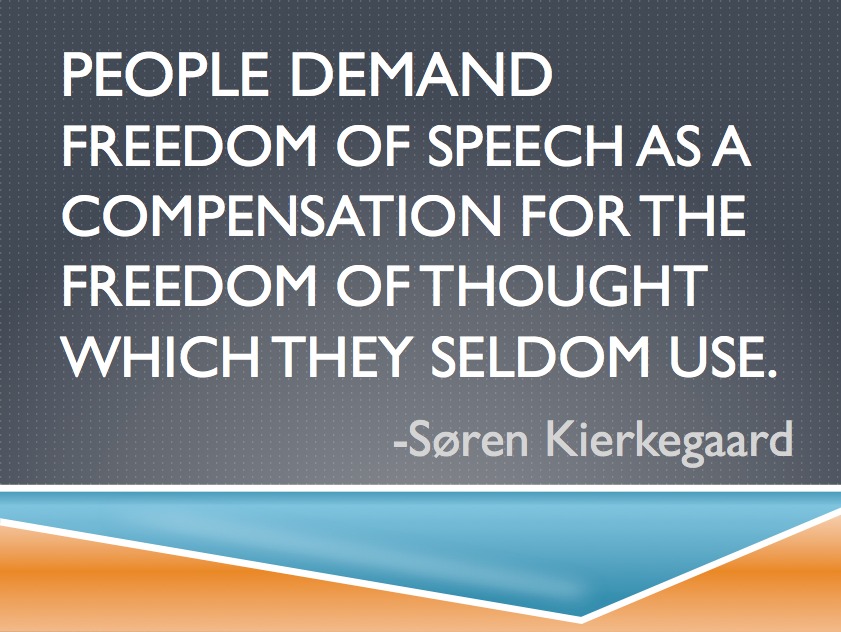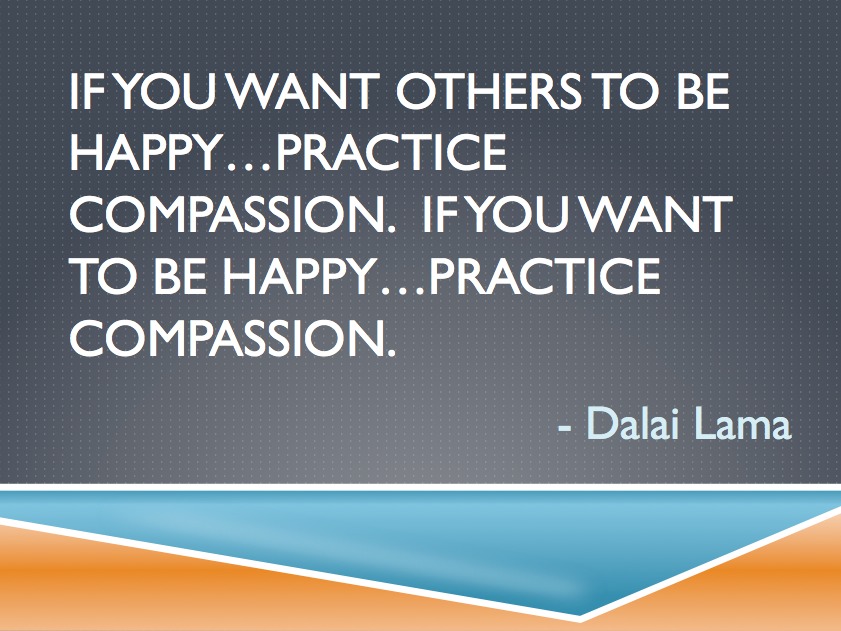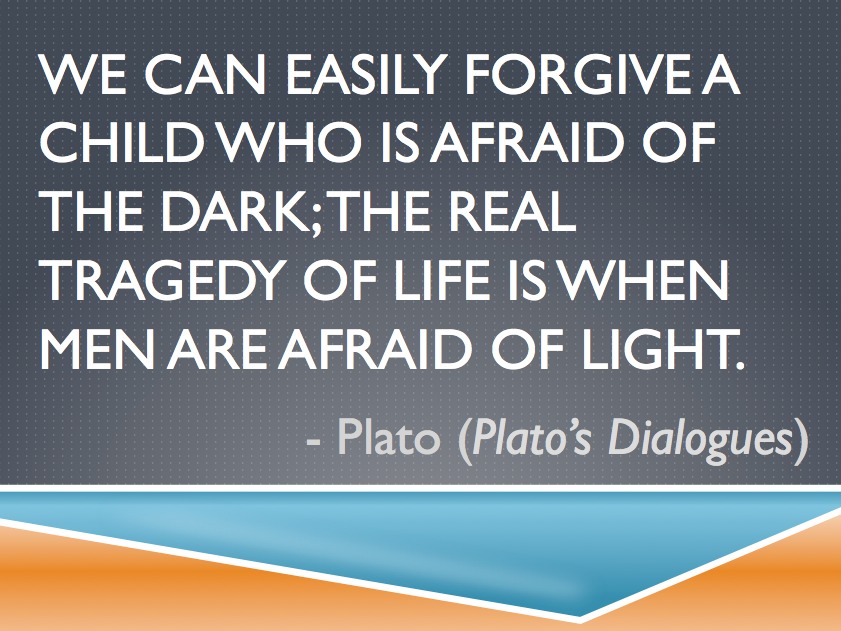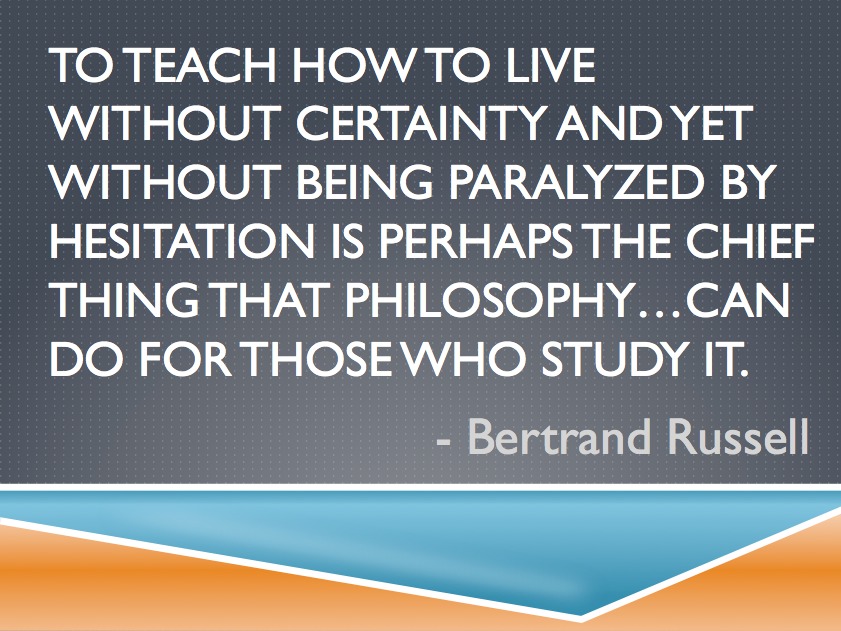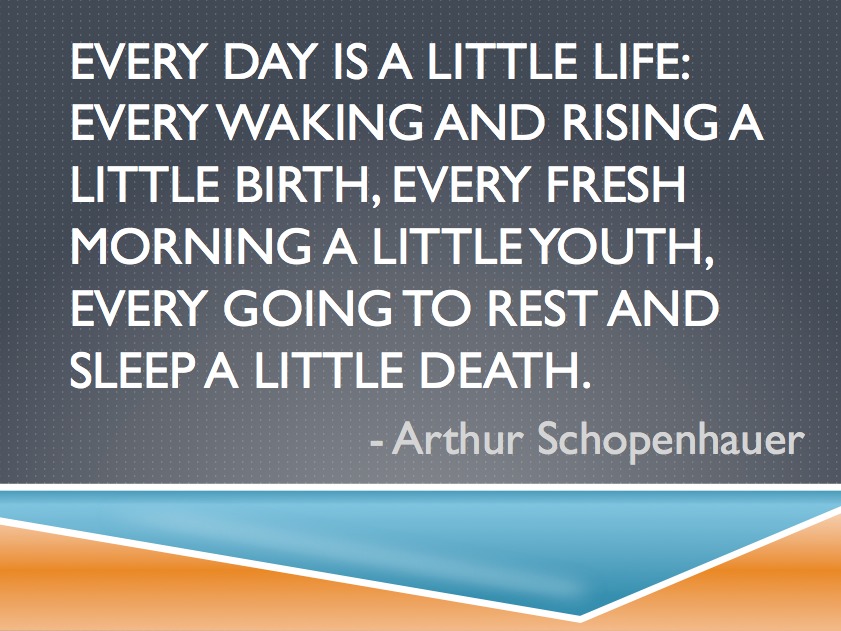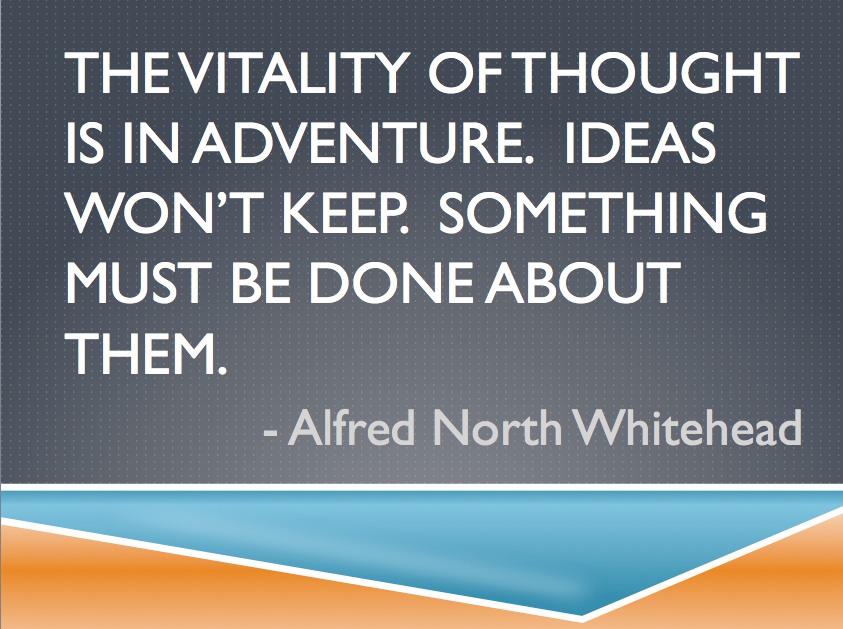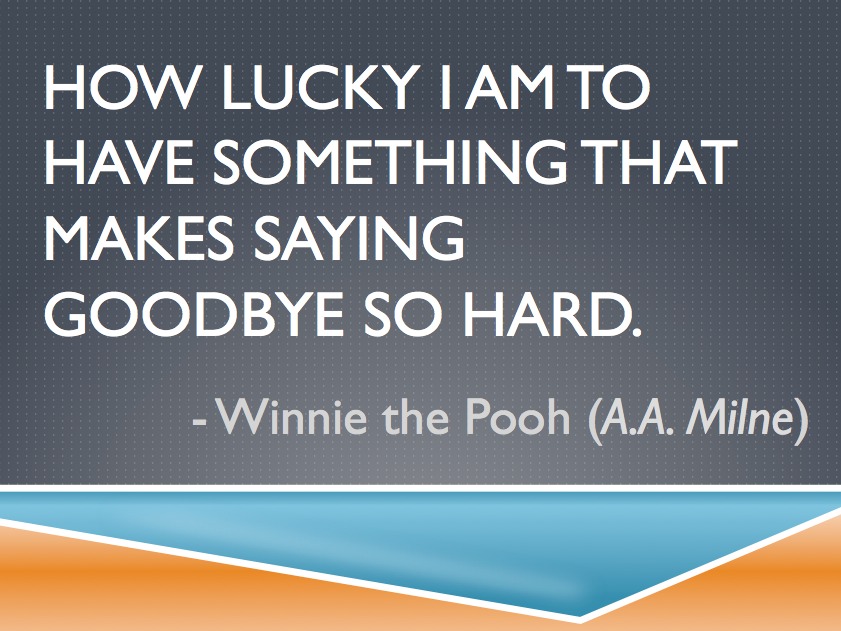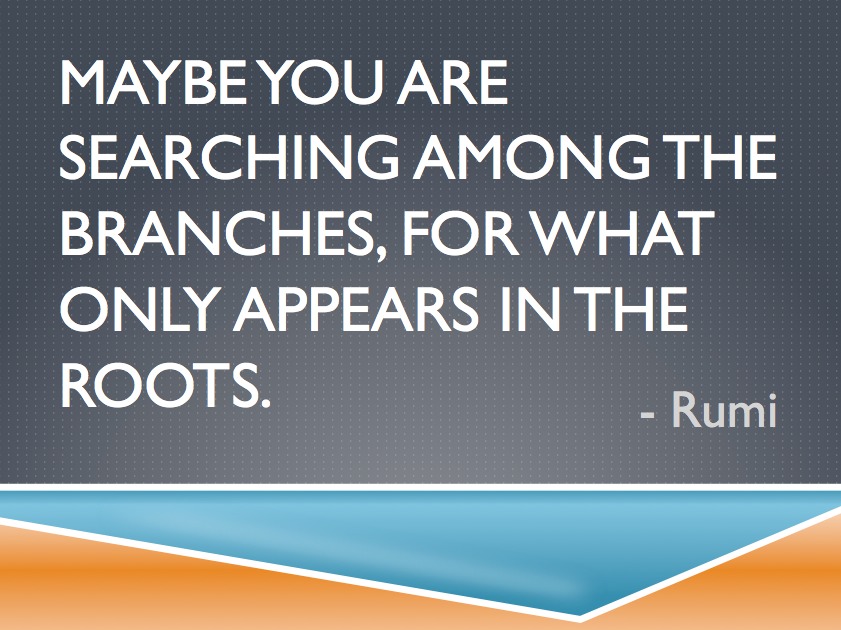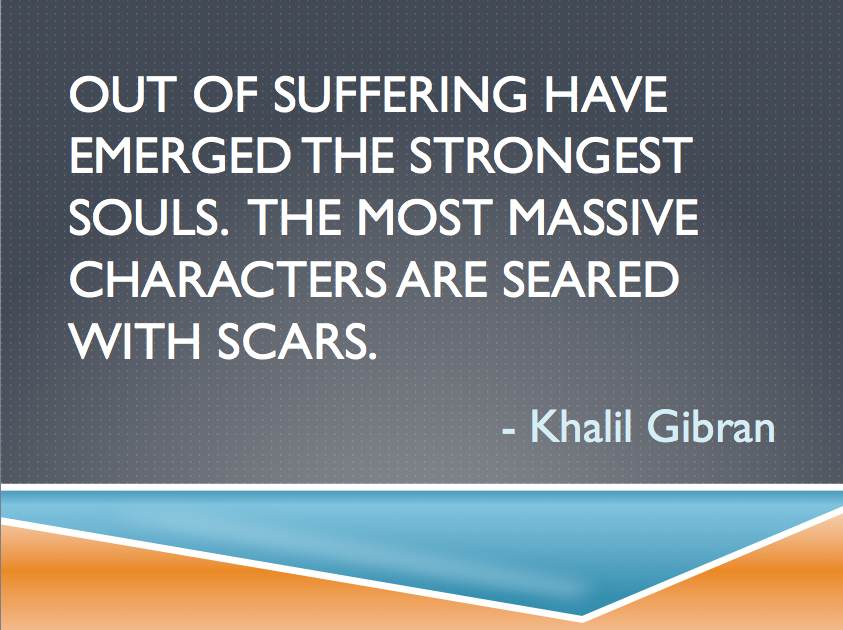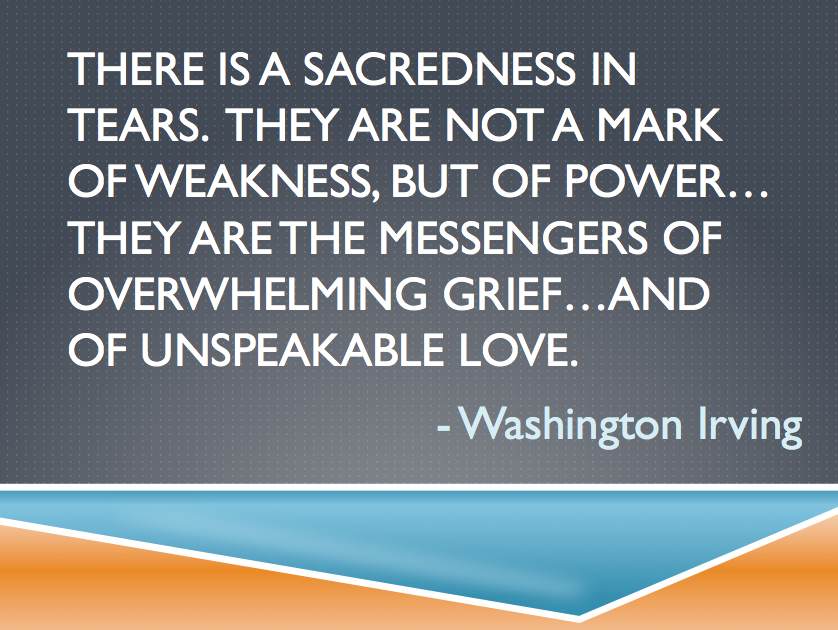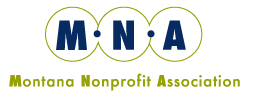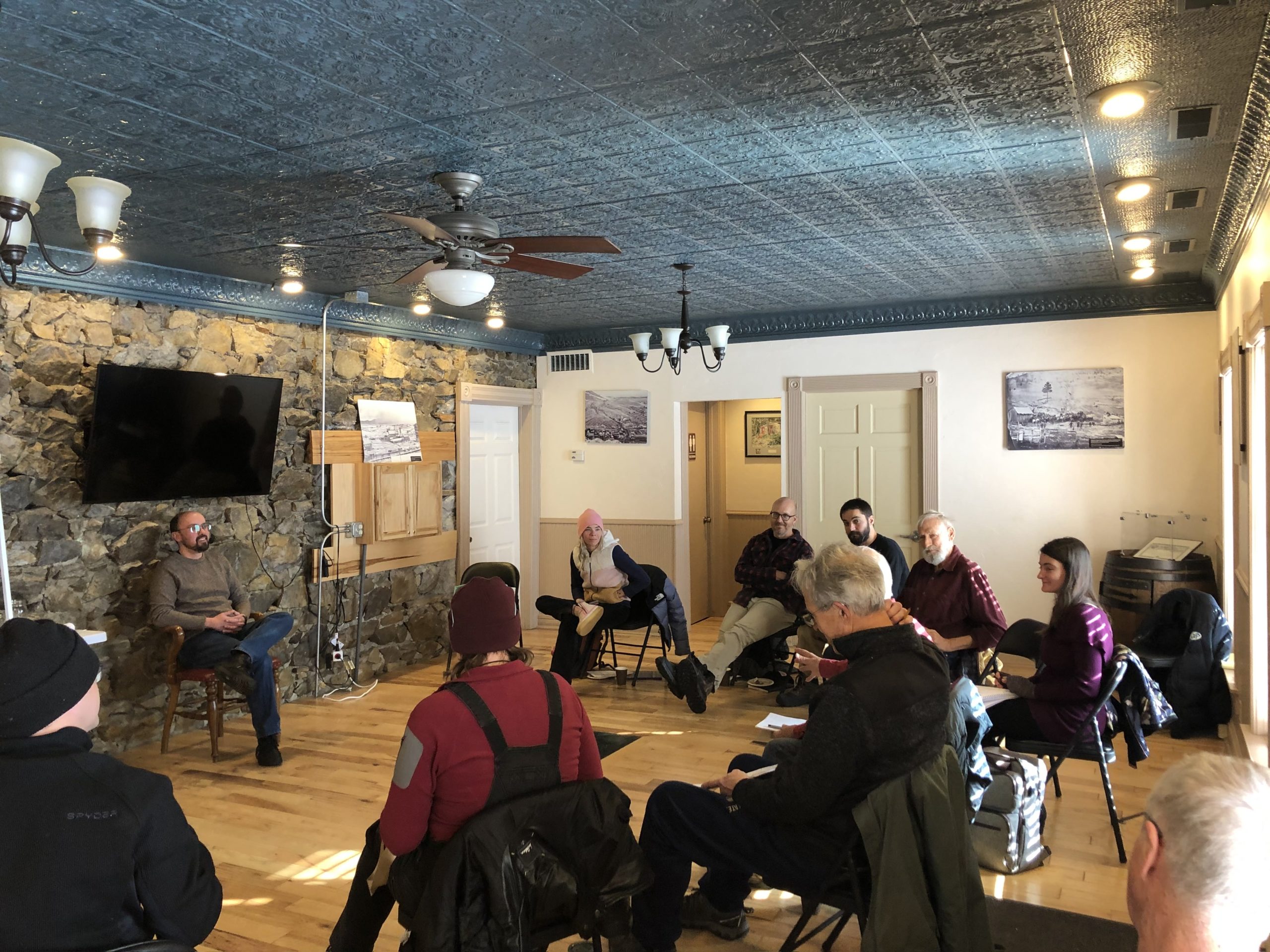
In the third book of the Republic, Plato famously banishes most of the poets — the singers and performers who would present the traditional myths of the Gods and Heroes — from his idealized city, on the grounds that their poetry is a harmful influence on the citizens, especially the youngest and most impressionable. Yet Plato himself constantly quotes from Homer as an authority, refers reverently and deferentially to the traditional myths, and even uses myths of his own as the dramatic climax to several of his dialogues — including the Republic itself! What’s going on here?
Taking Plato as our starting point, this workshop explored the role of myth within philosophy, the life dedicated to the pursuit of wisdom. We first looked at how myths comprise a special kind of narrative, distinct from history, fantasy, or storytelling in general.
Then, with the help of the Platonic philosophers Sallustius and Proclus, we distinguished different types of myths, and considered their roles in education and in human life.
When and how can myths be used effectively and appropriately? And how can they be misunderstood or misused — even to the point that Plato would exile the myth-tellers?
Perhaps most importantly, we asked:
- What does it mean to engage with myth in a specifically philosophical mode, whether in Plato’s time, or in our own?
- How do mythic modes of understanding enrich, complement, or complete other ways of thinking and knowing, like the logical or analytical?
Throughout our explorations, we considered specific examples of myths: both the traditional Greek myths which Plato and his tradition examined, and myths from other times and places. All with an eye to enriching our own sense of what philosophy is and can be, as a vibrant, living path of wisdom in our own time.
Photos











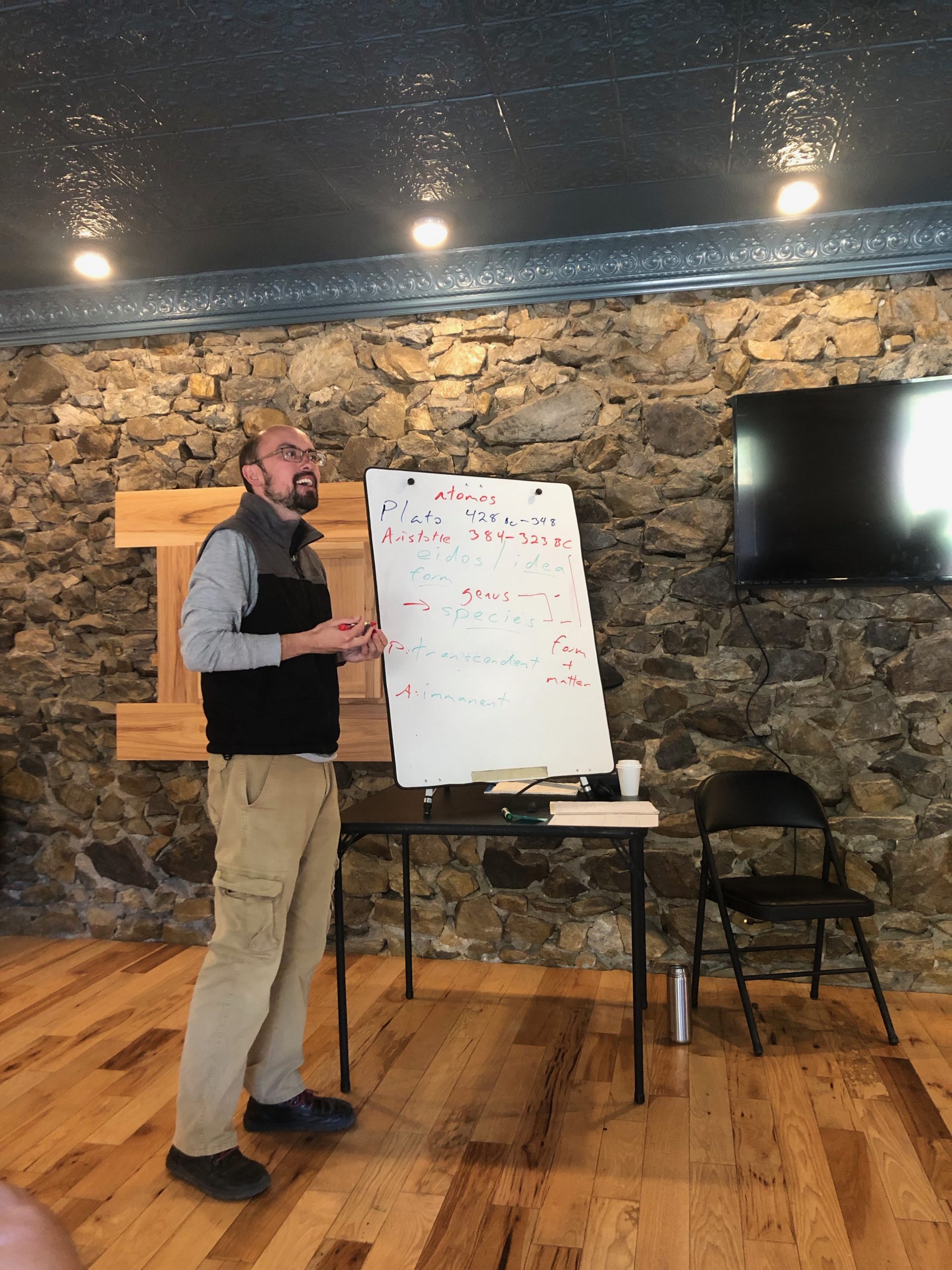
David is as a philosopher and educator whose professional work is dedicated to helping people of all ages and backgrounds access, understand, and apply the traditions of ancient philosophy to their own lives. A lover of philosophy and the great outdoors, David is currently building his own consulting practice and serves as a Philosophical Advisor and Consultant for Merlin CCC & Senior Mentor for scholars in the Merlin Fellowship Program.
David began studying ancient philosophies and classical languages in 2001, and has continued ever since. A scholar of the philosophical traditions of the ancient Mediterranean (Greece, Rome, and North Africa) and of the Indian subcontinent, reading Sanskrit, Latin, and classical Greek, he earned his Ph.D. in philosophy from Princeton University in 2014.
A hermit by nature and by committed choice, he balances contemplative solitude with his active work in teaching, counseling, and the healing arts. We are elated to be collaborating with David on our philosophy in the community activities, fellowships, and other Merlin projects.
Thank You’s
Thank you to the Helena Area Community Foundation and the City of Helena whose grant award to our organization is helping us provide activities like these and more to the community. Thank you also to our workshop leader, David Nowakowski, and our workshop participants for making the event such a success!
